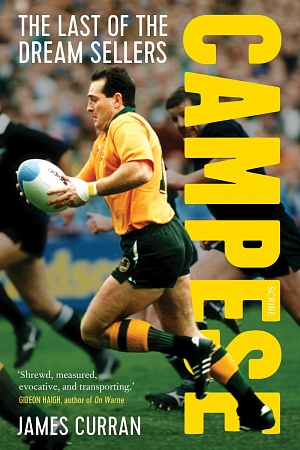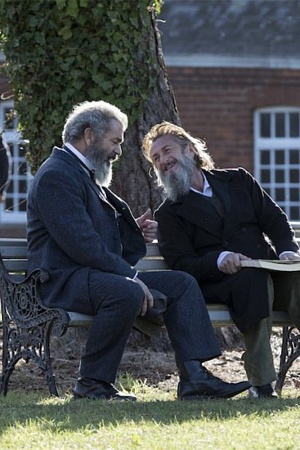Us ★★★★
Popular culture is still resonating with the impact of Jordan Peele’s 2017 film Get Out, one of the most extraordinary and confident directorial débuts of recent times. Get Out cut a swath through complacency and assumptions regarding race relations. The idea of wealthy, ageing white people transplanting their brains into the bodies of young black men to prolong their lives was, to put it mildly, a coruscating and incendiary premise for a horror film. It is a work that is destined to be a core text in the film studies courses of the future.
Peele’s challenging second film, Us, is more clearly located in the horror genre thanks to a number of viscerally disturbing scenes and unrelenting suspense. It is also more ambiguous in its message and more multifaceted in its critique of Western society’s twenty-first-century malaise. It expands beyond just race to ask (but not really answer) questions about media, history, technology, economic inequality, religion, and cultural tribalism. Furthermore, as this is Jordan Peele, whose career prior to Get Out was dominated by comedy writing and performing, Us is replete with an immensely attractive sense of humour to counterbalance the consistent carnage.
Continue reading for only $10 per month. Subscribe and gain full access to Australian Book Review. Already a subscriber? Sign in. If you need assistance, feel free to contact us.















Leave a comment
If you are an ABR subscriber, you will need to sign in to post a comment.
If you have forgotten your sign in details, or if you receive an error message when trying to submit your comment, please email your comment (and the name of the article to which it relates) to ABR Comments. We will review your comment and, subject to approval, we will post it under your name.
Please note that all comments must be approved by ABR and comply with our Terms & Conditions.